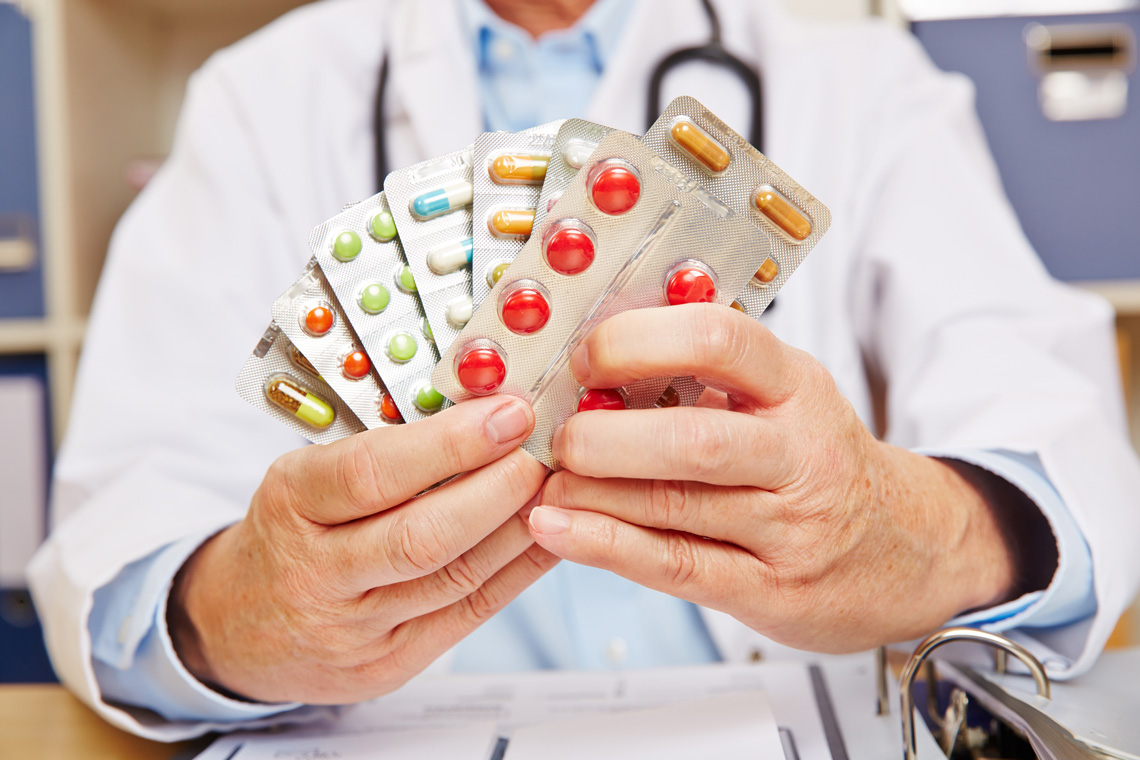
The Ministry of Health agrees to raise the prices of 30 pharmaceutical drugs
News
The Ministry of Health agreed on Tuesday to increase the prices of 30 pharmaceutical drugs from among the types that pharmaceutical companies requested an increase thereof over the coming period.
Dr. Rasha Ziadeh, head of the Central Administration of Pharmaceutical Affairs, said in a television statement that the drugs whose prices increased are used in the treatment of diabetes, hypertension, heart disease, brain and nerves, pointing out that the increase ranges from 10 to 50 percent.
Ziadeh pointed out that the shortages in the Egyptian market include 222 drugs, but substitutes exist, denying other waves of drug price increases.
Comment
- The right to access to medicine is an integral part of human rights (the right to health in general), as affirmed by international human rights law. Article 18 of the Constitution stipulates the right of every citizen to health and to integrated health care in accordance with quality standards.
- Egyptians spend 10 percent of their annual income on health services and health care, and 35 percent on food and beverages according to CAPMAS’ 2015 Income and Expenditure Survey. This renders the increase in the prices of these components an additional burden on citizens, in light of the implementation of the economic reform program.
- The main problem experienced by the domestic pharmaceutical industry for decades is the import of the raw materials necessary for the manufacture of medicine, in addition to the decrease in the percentage covered by the Egyptian pharmaceutical companies of our pharmaceutical needs for the benefit of foreign companies, registering about 5 percent currently compared to 85 percent in the 1960s.
- The current drug pricing system promulgated by decision No. 499/2012, which takes 36 countries as a benchmark to determine the price locally, raises a number of questions: Is this system in the interest of Egypt at present in view of the depreciation of the pound? Are the economic conditions and the social and institutional structures in Egypt and the benchmark country similar? Does the citizen in this benchmark country bear the full price or does the State bear part of this price in the form of a subsidy to pharmaceutical companies?
- Increasing the price of medicine is a temporary procedure that does not solve the structural problems facing the pharmaceutical industry in Egypt. Therefore, the private sector should be encouraged to invest in the pharmaceutical industry and overcome the obstacles it faces in this regard. It is also necessary to limit the import of raw materials that can be manufactured in Egypt and to encourage the cultivation of medicinal and aromatic plants, provided these plants are maximized and not exported in their initial dried form.
- The State should intervene in the pharmaceutical market in a manner that takes into account the rules of the market and supports the continuation of pharmaceutical companies in the Egyptian market on the one hand, and enables the citizen to obtain medicine at a price that takes into account his real income.
- In practice, the mechanism used to re-price drugs and unify drug prices in Egypt should be reconsidered, as it is based on raising the prices of items that are less than a certain amount by a certain percentage. For example, in December 2016 all items with a price of less than LE 50 were raised by 50 percent, although this category may include items that do not incur any losses at all. Therefore, the profitability or loss of each item must be examined separately. Prices must also be announced before and after the increase so that citizens are not manipulated.
- It is necessary to establish a higher drug council that includes all national drug authorities in Egypt to facilitate coordination among them instead of spreading the responsibilities of the pharmaceutical sector over a number of bodies and ministries, limiting the ability to develop unified and enforceable drug policies.
Worthy of Note:
- Diabetes, hypertension, heart diseases and chronic respiratory diseases caused about 85 percent of total deaths in Egypt in 2014 according to the World Health Organization.
- 70 percent of health spending comes from Egyptian private funds, and 43 percent of Egyptians’ spending on health was directed to pharmaceutical drugs in 2008/2009, according to data from the Ministry of Health.
